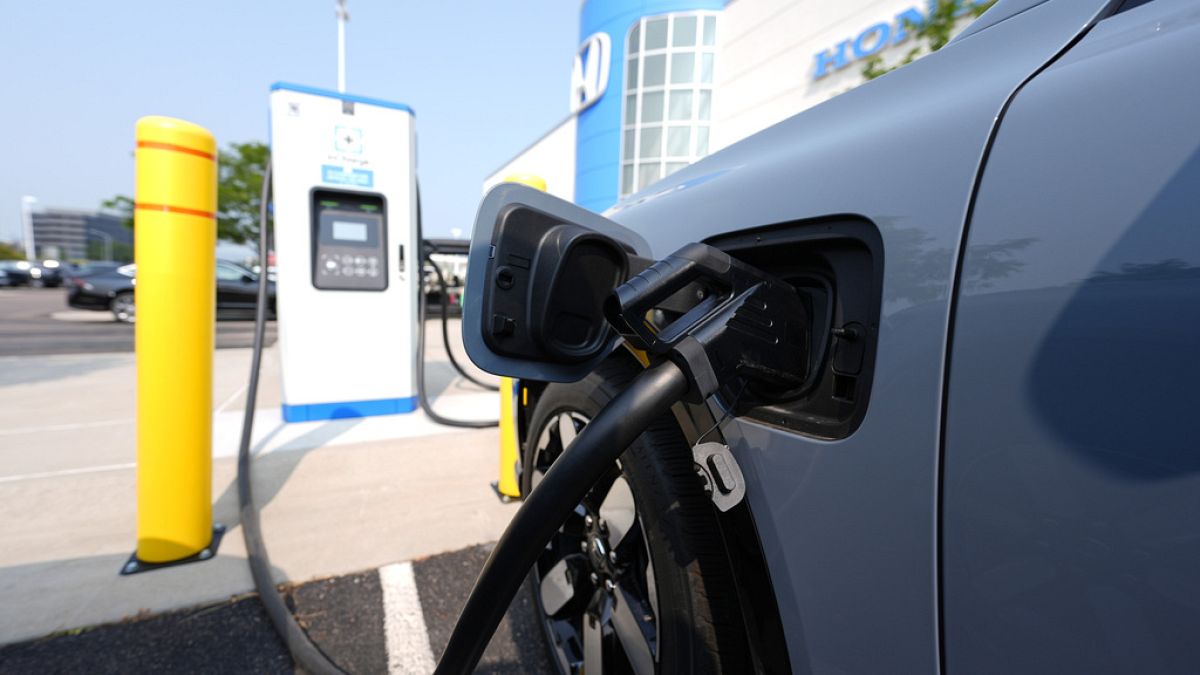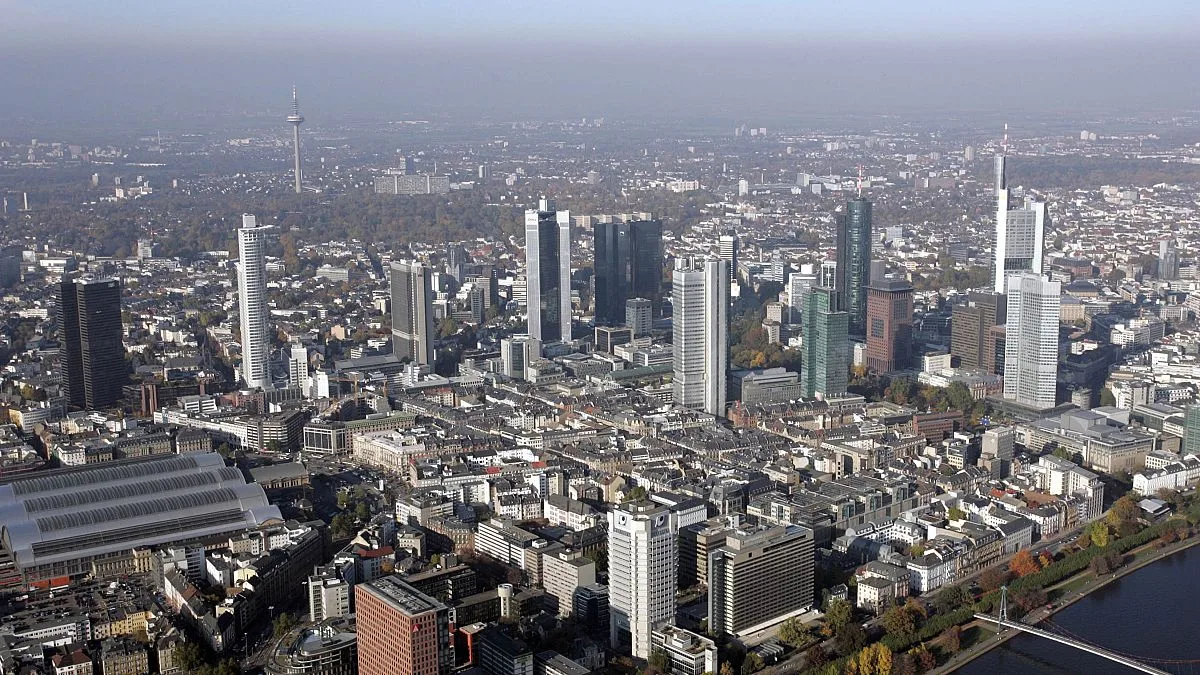As the demand for electric vehicles (EVs) slows down, hundreds of these cars find themselves idling in a bustling car park at the Belgian port of Zeebrugge, eagerly waiting for new owners.
Each year, approximately three million electric vehicles are transported from cargo ships to trucks at Zeebrugge, a vital hub in western Belgium. With one in every four vehicles now being electric, the port’s operator has had to adapt its infrastructure to accommodate these valuable assets.
Notable changes include the installation of a dozen wind turbines along the quayside, accessible battery recharging facilities, and rigorous quality control measures designed to identify even the smallest defects, ensuring that customers receive fully functional vehicles.
“This is the future,” remarked Anne Degrauw, the vehicle processing center manager at ICO Terminals SA, an import-export company. This coastal artery is among Europe’s largest ports and has undergone significant transformation to keep pace with the green evolution of the automotive industry.
However, contrary to the expectations of a continuous stream of electric vehicles manufactured in China flowing to eager buyers, numerous cars are piled up in the car park, primarily due to an oversupply situation.
This issue is further exacerbated by lower-than-average EV registrations, which stood at just 13.5% in July 2024, a stark contrast to traditional gasoline-powered vehicles.
François Simonart, a sales manager at ICO Terminals SA, noted that there had been a spike in electric vehicle shipments post-COVID-19, predominantly from China, which holds a competitive edge in technology and access to essential raw materials.
Photo credit & article inspired by: Euronews



